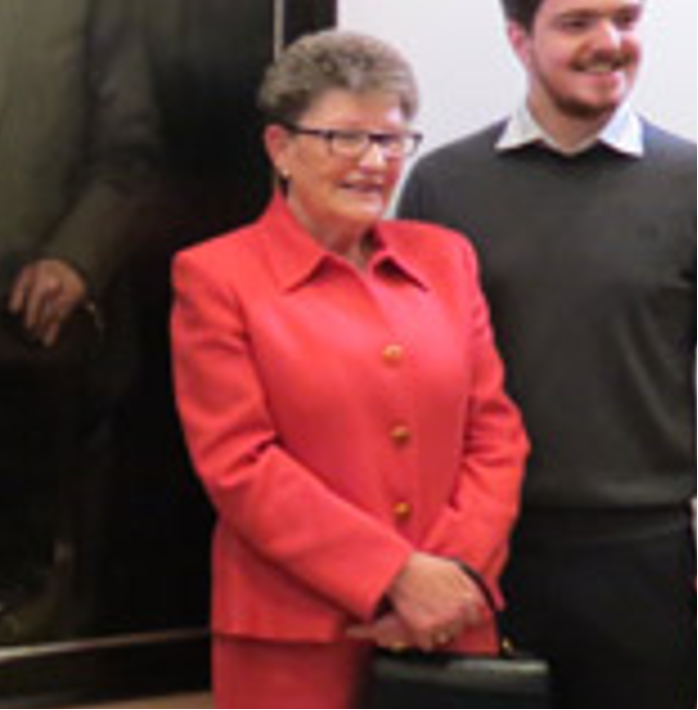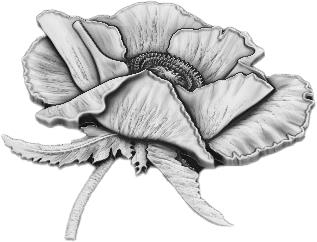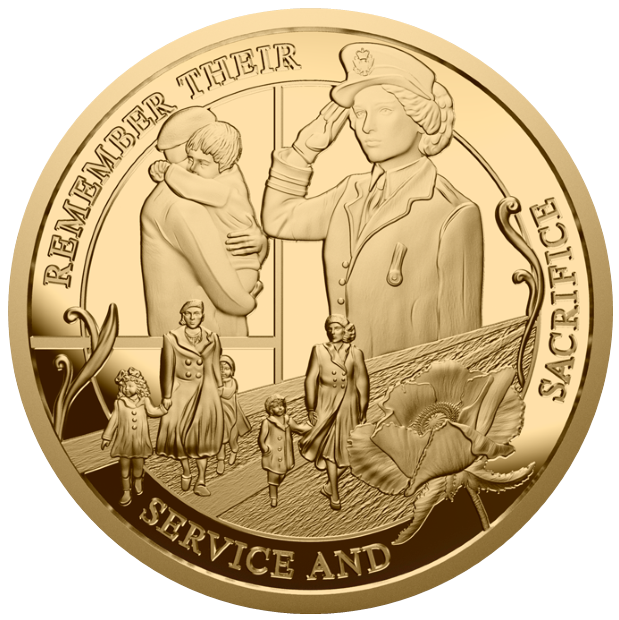
WE WILL REMEMBER THEM
Every November, as the air turns crisp and poppies bloom red against black coats, we remember. We stand in silence, united across generations, for those who never returned home. But Remembrance Day isn’t just about that silence; it’s about the stories behind it -the faces, the families, and the ordinary lives transformed by extraordinary sacrifice.
Remembrance Day began over a century ago, first marked on November 11, 1919 - one year after the guns fell silent at the end of the First World War. Known then as Armistice Day, it was a day to pause at the eleventh hour of the eleventh day of the eleventh month - the moment the armistice took effect. Over time, as new conflicts arose and new generations served, the day evolved - it became Remembrance Day, a broader commemoration of all those who served, and those who still do.
Remembrance is more than a ceremony. It’s a national act of memory. From schoolyards to city centres, from quiet country villages to bustling parades, people come together to say, “We remember you.”
For this year’s Remembrance Day, a brand-new sovereign range brings that sentiment to life through art. Each coin is not just a symbol - it’s a story. Five veterans, each with their own history, have designed coins that reflect what remembrance means to them. Across this five-part blog series, we’ll share their journeys - and the creative vision that keeps the spirit of remembrance alive.
We begin with Pauline Hatfield, whose story reminds us that service isn’t always fought on the frontlines - sometimes it’s lived in the heart of a community.
Pauline Hatfield – The Strength of Family & Community

At 84 years of age, Pauline Hatfield speaks with a quiet strength, with there’s warmth in her voice, but also a firmness - the kind that comes from a lifetime of service, both in and around the military. Pauline joined the Royal Air Force in the 1950s, serving as a cook at a time when women were carving out their own vital roles within the forces. She often worked side by side with her husband, who also served in the RAF, and together they raised their children on military bases across the United Kingdom and abroad - including in Singapore, where the humid air carried both the smells of family dinners and the distant hum of duty.
For Pauline, the military was never simply a job - it was a way of life; a rhythm that shaped every season of her family’s story. The base was her village, the other families and her extended kin. Life was built on shared resilience - the potlucks in communal halls, the birthdays celebrated far from home, the evenings filled with both laughter and the ache of waiting. In her words, “We looked after each other. When one family felt the loss of war, we all did.” That deep sense of community, forged through shared experiences, became the heartbeat of her remembrance.

Her experiences taught her that service extends beyond the uniform. While the men and women on active duty faced the immediate trials of conflict, those who stayed behind carried their own quiet burdens - keeping families together, holding the home front steady, waiting for letters that might never come. Pauline believes those families are veterans, too. Their courage was shown not on the battlefield, but in the patience, love and endurance that kept the military community alive.
Her design for the 2025 Remembrance Coin is a tribute to that togetherness. Delicate family motifs intertwine around the edges, symbolising unity, continuity, and the bonds that hold people together even when distance and war pull them apart. Her message:

“Don’t ever forget.”
Those three words are more than a phrase; they are a promise - a message that remembrance isn’t reserved for those who fought, but also for those who supported them, filled with hope and worry, from different places. It’s a vow to remember every act of courage, seen and unseen, and every life touched by conflict.
Pauline’s story sets the tone for this series - a reminder that remembrance isn’t confined to history books or ceremonies, but lives in the small acts of care, the shared strength of families, and the communities that carried one another through uncertain times. For Pauline, remembrance means honouring the past while cherishing the connections that helped us survive it - because those bonds, like her words, should never be forgotten.



